It all started with a spoonful of lavender ice cream. In the summer of 2008, when social media was still in its infancy, purple ice cream filmed by visitors at (Bridestowe Lavender Farm), a lavender farm in Bradstown, spread to the Chinese community.
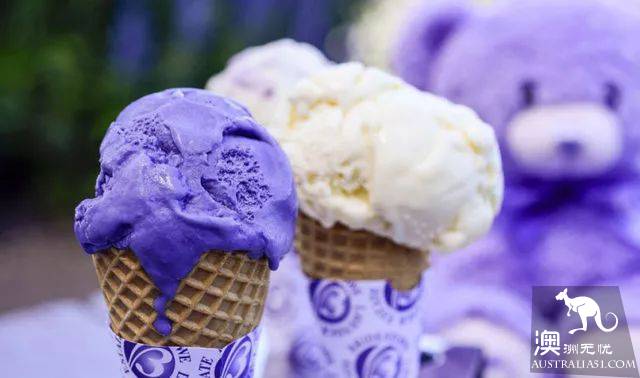
The new owner of the Tasmanian farm, Robert Ravens (Robert Ravens), started his business with Asia with the attractive image of ice cream, and he saw a gift. It maximizes the attractiveness of Bridestowe to this lucrative market.
"We worked very creatively with a lot of Chinese travel agencies and the Chinese media to reposition our products," he said. Bridestowe "was once a place for [toiletries] Yardley to collect its premium perfumes." But Ravens wants to reinvent a more modern position.
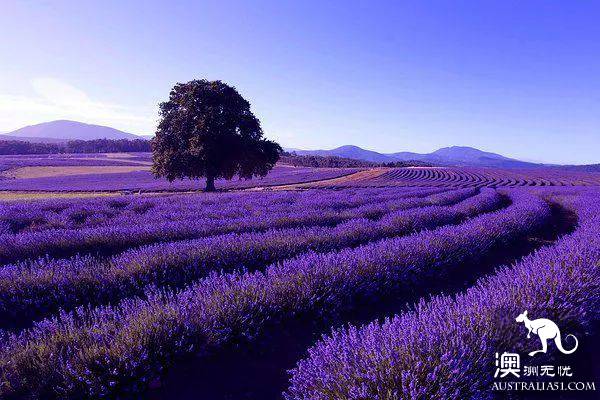
The upsurge continued thanks to the bear Bobby (Bobbie the Bear), a purple lavender plush toy that took advantage of the farm's superfluous stuff. Sales skyrocketed after pictures of a Hong Kong chef rolling around in a flower-filled lavender world with Bobby Bobbie, a Hong Kong chef.
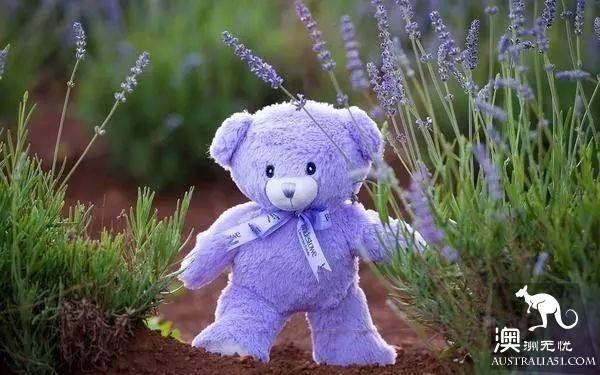
In 2014, after the Chinese model Zhang Xinyu, actress Sun Wei and Fan Bingbing posted a photo of the bear to Bobby on the social media website, the plush toy exploded. During the visit of Chinese President Xi Jinping to Tasmania in 2014, Ravens worked with the tourism industry and the state government to send the bear to the hands of Chinese national leaders – an excellent marketing measure. The photos taken by journalists spread throughout the world.
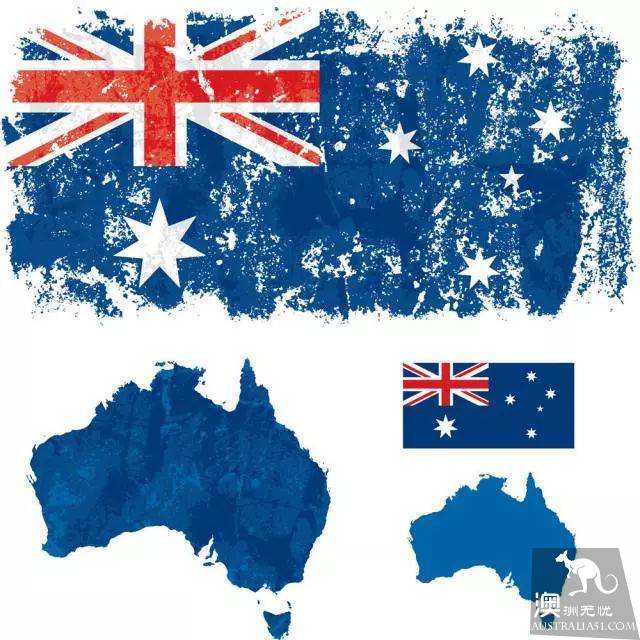
Ravens estimates that Bridestowe has sold five hundred thousand bears so far and that by 2018, 85,000 visitors are expected to visit the farm, a 45-minute drive from Langston.
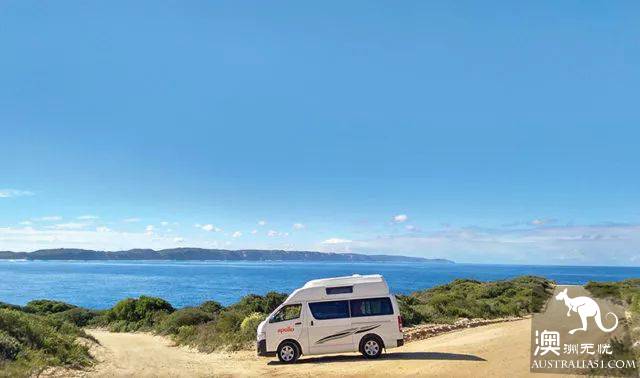
The Australian-Chinese Chamber of Commerce predicts that by 2026, the total number of Australian visitors to China will reach 3.3 million a year, three times the number of Chinese tourists in 2016. As China becomes Australia's fastest-growing inbound travel market, Ravens' experience is invaluable to other operators who want to get a piece of it.
"people want to buy everything," says Ravens, whose website has a Chinese version, but farms avoid Chinese signage.

"they want a special moment. Give them these special moments and we will be rewarded. We give them reasons, opportunities, photos, backgrounds-wherever you can think of them, they'll sign in our landscape or in our tourist center. And they did it spontaneously-it was amazing to see it all. "

Bridestowe focuses its marketing efforts on social media, particularly in China. "it's very powerful," Ravens said.
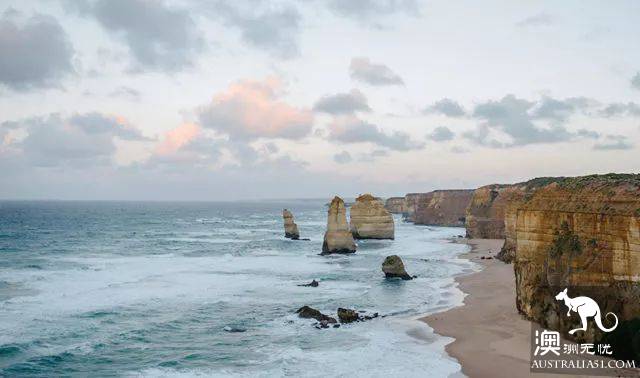
Sydney-based Amplify Me's Andrea Pravusky (Andrea Plawutsky) is responsible for helping tour operators and destinations tailor-made products and services for Chinese tourists. She says it's time to get rid of some prejudice against Chinese tourists.
"until recently, especially at the level of operators and destinations, we saw the Chinese as a replica of Japanese tourists in the 1980s-taking a bus and playing a fixed route," she said.
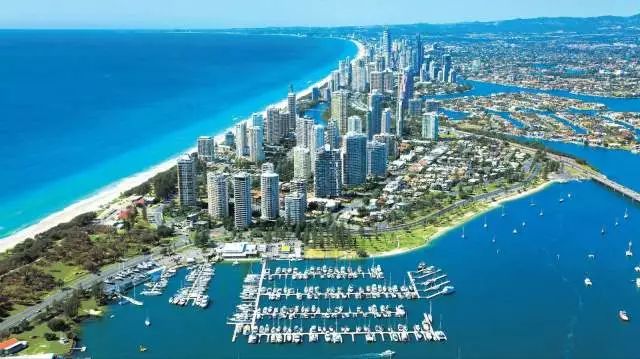
"We haven't kept up with the fact that many young Chinese will soon have a mature travel style. But we didn't break them down into market segments-we tend to see them as a whole 'Chinese'. But some of them like to take risks, some are more traditional, some like shopping, and they are not the same. "
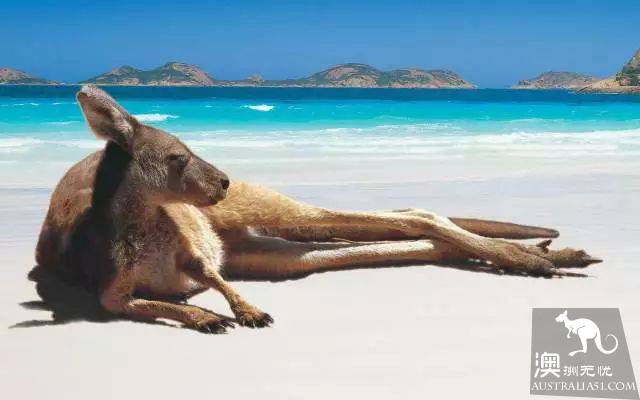
Chinese RV or camping visitors will grow 112 percent by September 2017, according to figures from the Australian Tourism Research Board. BIG4 Holiday Parks, the shrewd travel operator, has invested in Chinese-registered websites, as well as in translating Australian websites, including alternative travel routes for Chinese tourists who are tired of their old-fashioned journeys.
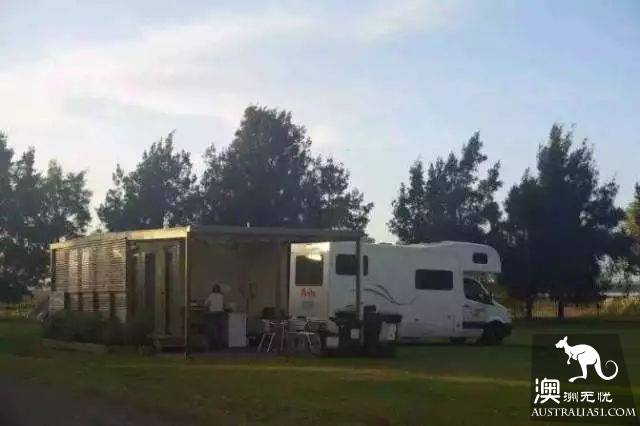
Australia's largest RV and camping rental company, Apollo Tourism, has responded to the growth of Chinese customers by translating website content, brochures and road safety guidelines.
As soon as the tourists are on their way, Andrea says, they want to look for good food and wine, as well as visit coastal and aquatic wildlife as well as the natural environment.

"so here's the question, and the tour operator will ask, 'how do I adjust my market to these characteristics?'" For example, restaurants can take photos of dishes, or list ingredients, to provide Chinese consumers with more information to attract them, Andrea said.
"tourists don't want to see signs in Chinese-they want to experience authentic Australia." Andrea explains, "but they want to meet the need for information in a subtle way."
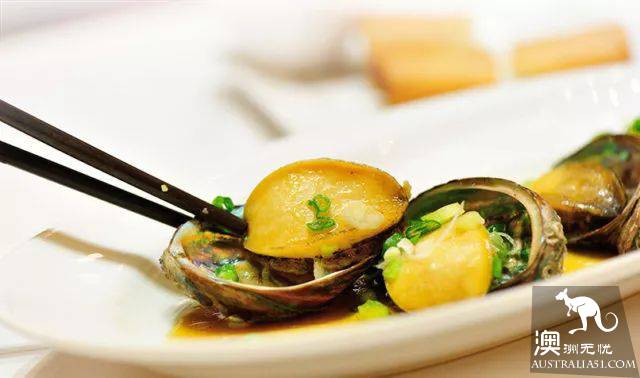
A large dish that can be shared by a family may also be more popular than a bar-style one-person-one-serving food. But unique Australian gourmet experiences, such as abalone tasting in Tata, are also popular.
In short, Australian companies and tourist destinations can continue to attract Chinese tourists by taking simple steps to improve cultural interoperability.
